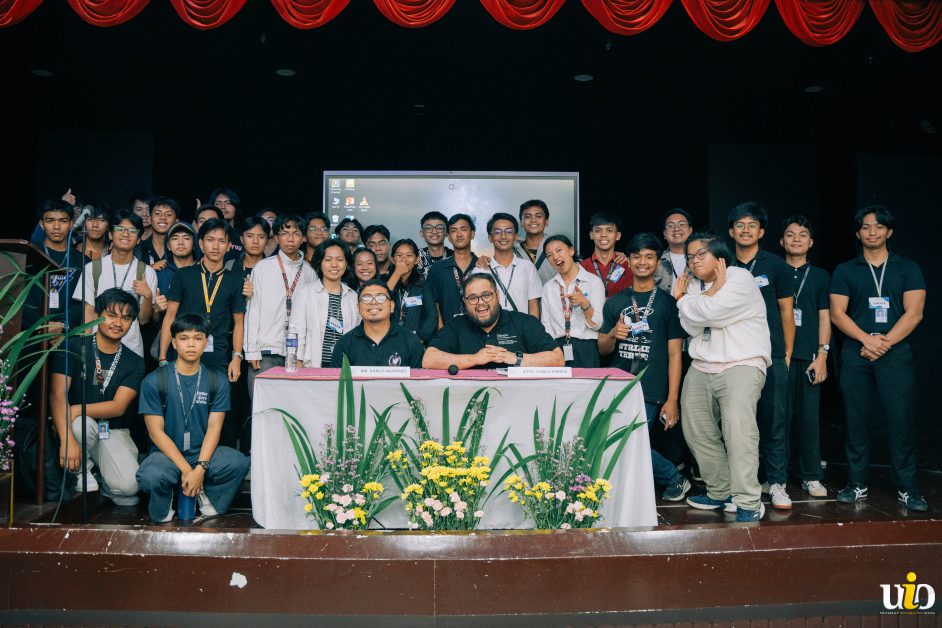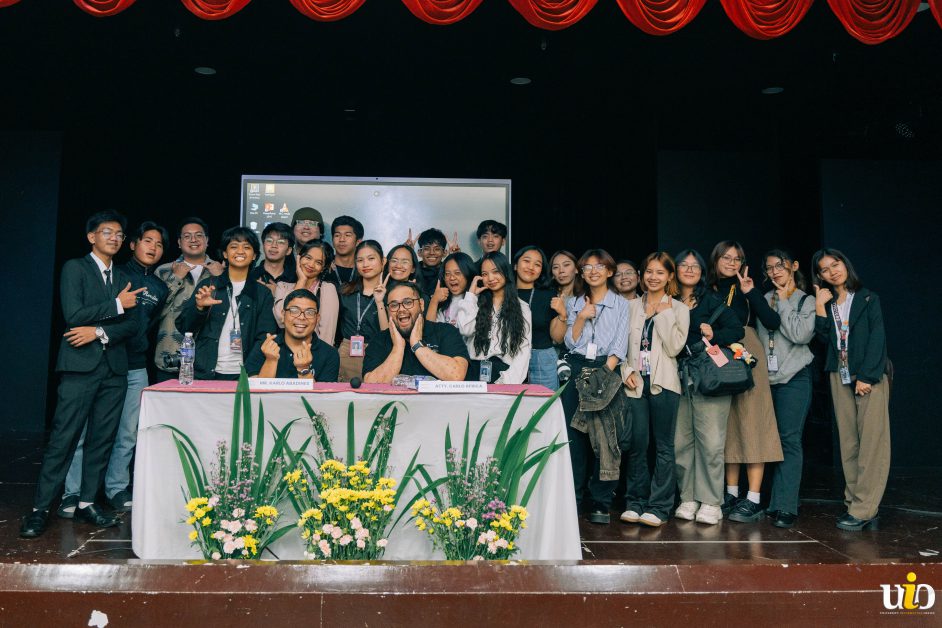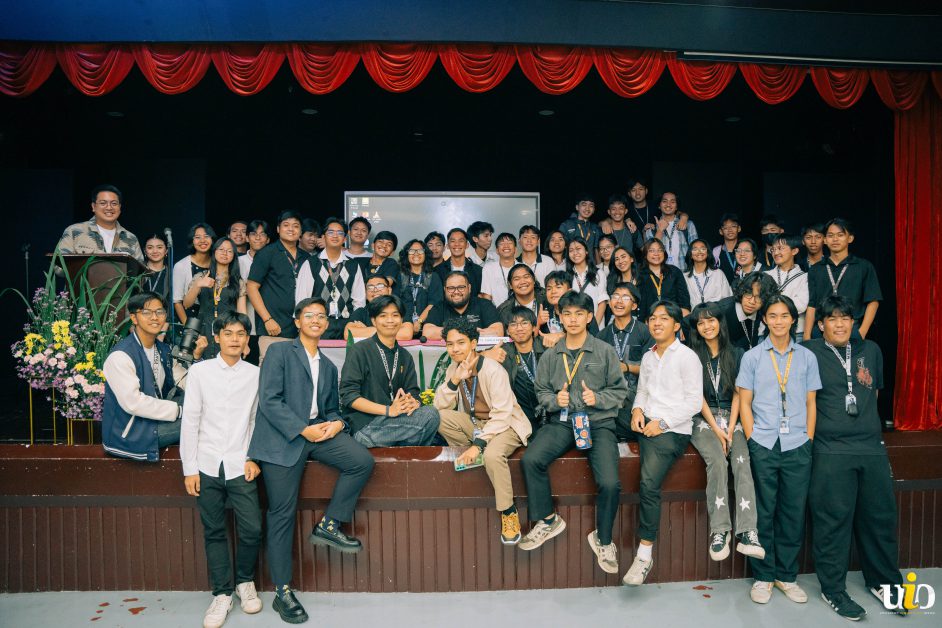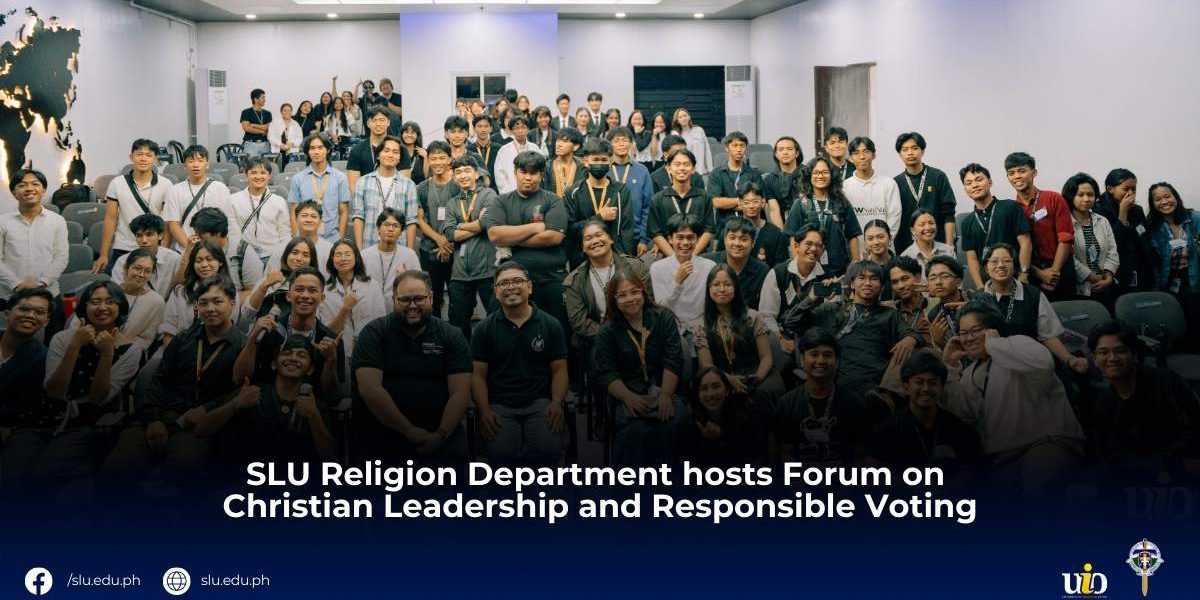In a timely event held on 10 April 2025 titled “Forum on Christian Leadership and Responsible Voting,” students of the School of Engineering and Architecture (SLU) learned the connection between faith, leadership, and political responsibility at the P700 Auditorium Room, Perfecto Building, Saint Louis University Main Campus.
The Head of the Religion Department, Marie Aurea del Rosario, PhD, opened the forum by highlighting the importance of social justice in religious discourse, noting that there should be faith when responding to the realities faced by marginalized communities. “As Christians, we should be responsible where the leaders we vote advocate for social justice,” she said.
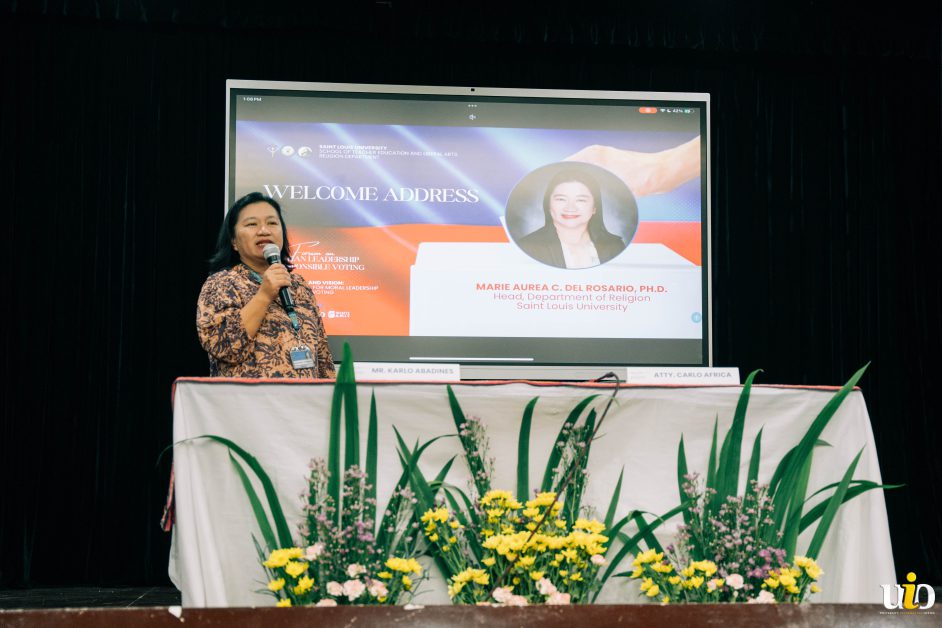
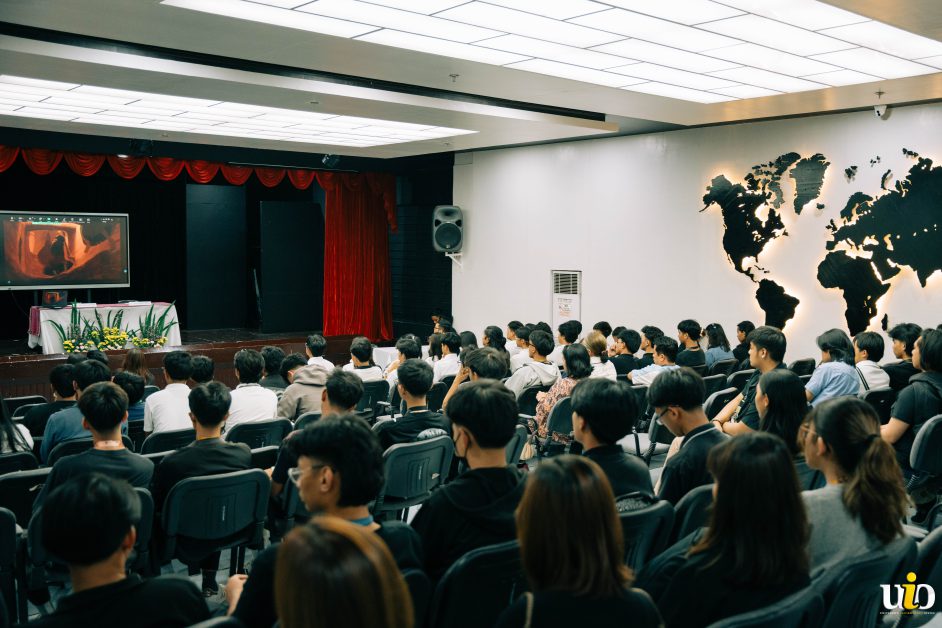
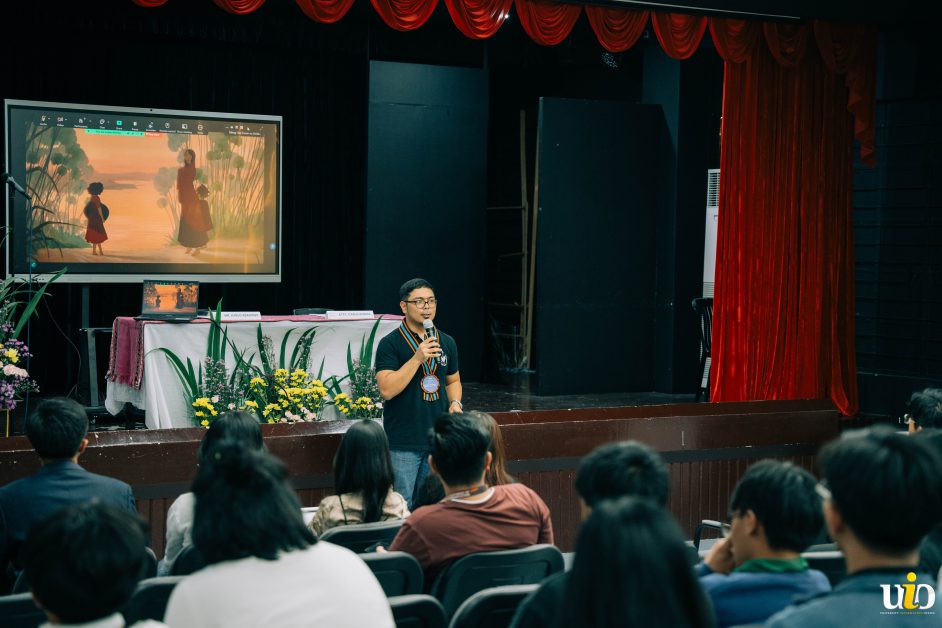
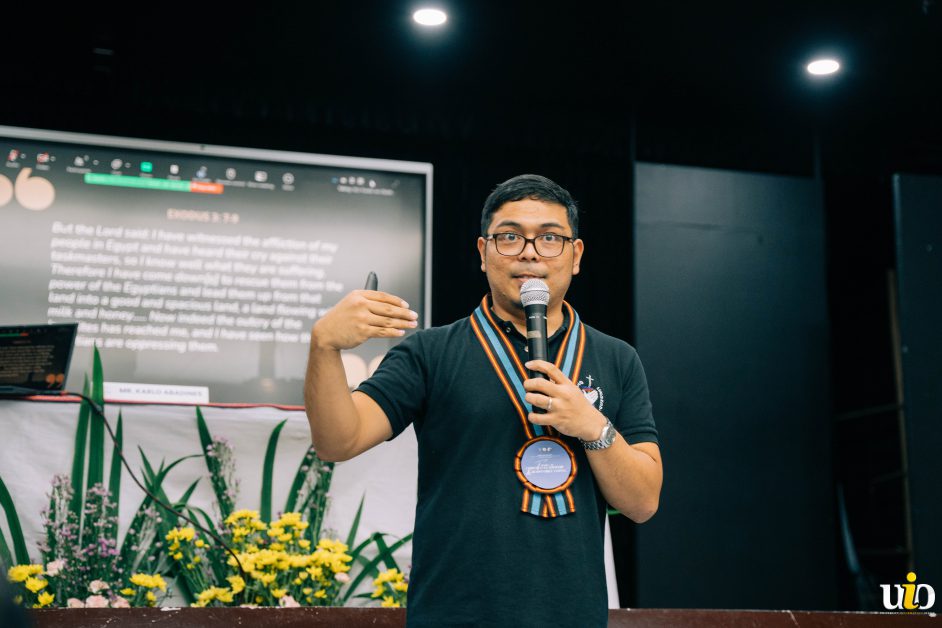
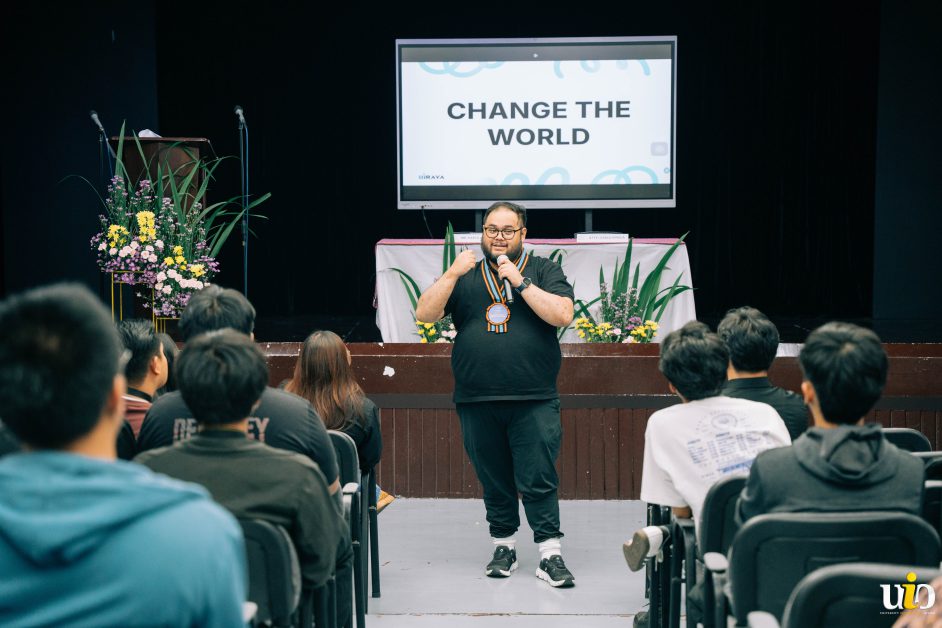
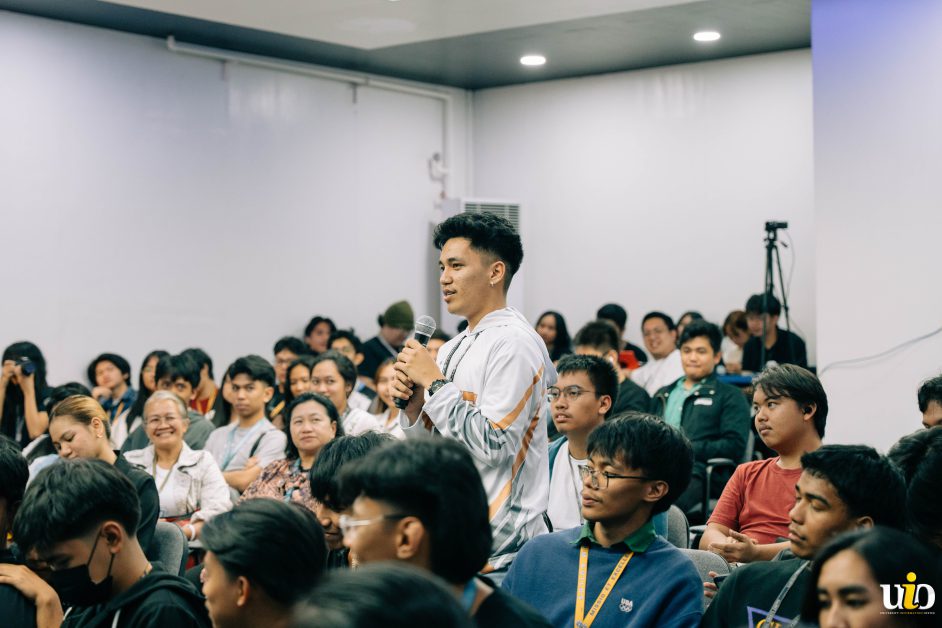
The first speaker, Mr. Karlo Abadines, Executive Director of Simbahang Lingkod ng Bayan, delved into the topic of Christian Leadership in Public Life, beginning with an introduction of Jesus as the model of servant leadership. He asserted that understanding Christian leadership requires anchoring it to the person and mission of Jesus, which centers on the “reign of God” or the “Kingdom of God” as an active presence here on earth.
Mr. Abadines urged voters to choose leaders who embody love in action, emphasizing that justice, truth, and peace must prevail. He emphasized three key traits of Christian leadership: discernment within one’s context, a synodal approach that involves listening and walking with the people, and being prophetic and courageous. He noted that despite economic growth, inequality persists, with the poor not benefiting from improved living conditions. Issues such as stagnant wages, rising costs, corruption, inadequate services, and entrenched political dynasties contribute to this disparity, as highlighted by the SWS Survey. “Quality education is not met where we used to be at the forefront; the money is not going to the right places,” he added. He cautioned against politicians’ misusing public funds or presenting scholarships and aid as personal gifts, emphasizing these are public resources. In addition, he said that church leaders must also reflect on their role in engaging with political figures and standing with the poor and the oppressed.
The second speaker, Atty. Carlo Africa, Executive Director of Hiraya Philippines, shifted the discussion to the importance of youth involvement and systemic political reform. He debunked the myth of a distinct “youth vote,” revealing that young people in the Philippines tend to vote similarly to older generations, with civil and political participation remaining alarmingly low. “Many young people feel that their vote will not have an impact, and they also do not engage in politics,” he said while showing the data that 85 percent of young people will not join in political participation. He highlighted the growing dominance of political dynasties where 75% of city mayors and more than half of party lists come from dynastic backgrounds and warned that political parties have been replaced by political families. Atty. Africa emphasized the need to develop political competition by supporting alternative candidates, forming movement-based parties, and creating enabling environments for civic engagement.
Atty. Africa also noted how countries like Bangladesh, Hong Kong, and Thailand have experienced youth-led movements challenging the political status quo, a phenomenon lacking in the Philippines. Hiraya Philippines aims to address this by promoting local initiatives, using citizen-led petitions to pass laws, and empowering individuals to run for office. Strengthening local governance is crucial, especially post-pandemic, when national leadership gaps were exposed. Atty. Africa emphasized that voting for candidates who share one’s values can empower them to continue their efforts, stating, “A vote is a prayer for what you want in this country.
Both speakers encouraged the attendees to report violations, support anti-dynasty mechanisms like the Sangguniang Kabataan, and vote mindfully.
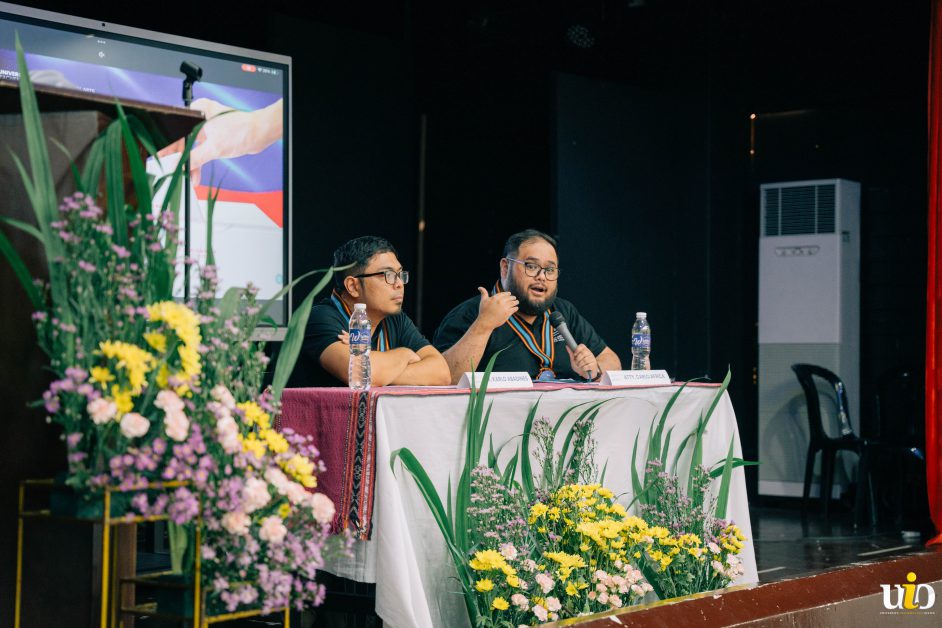
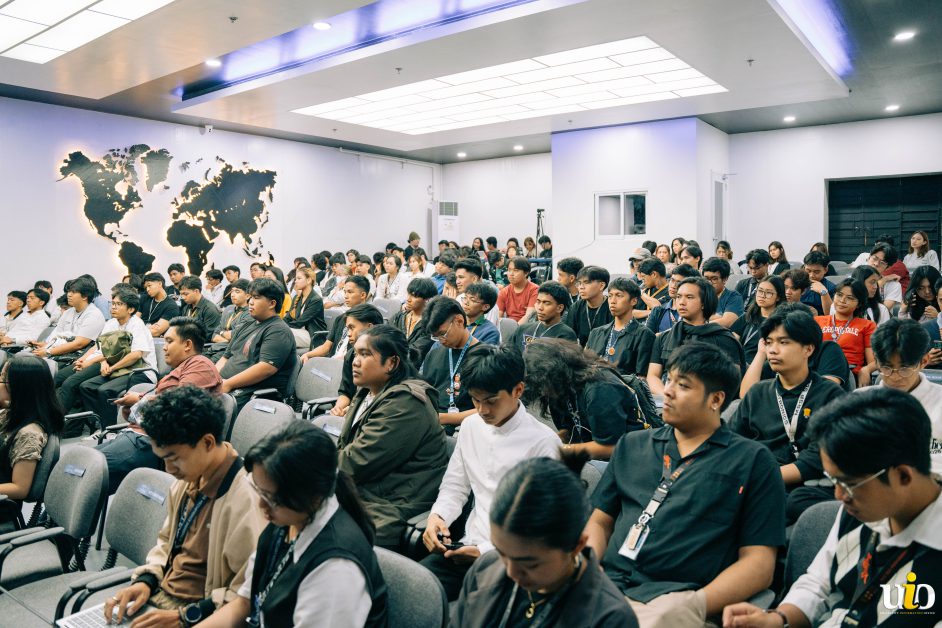
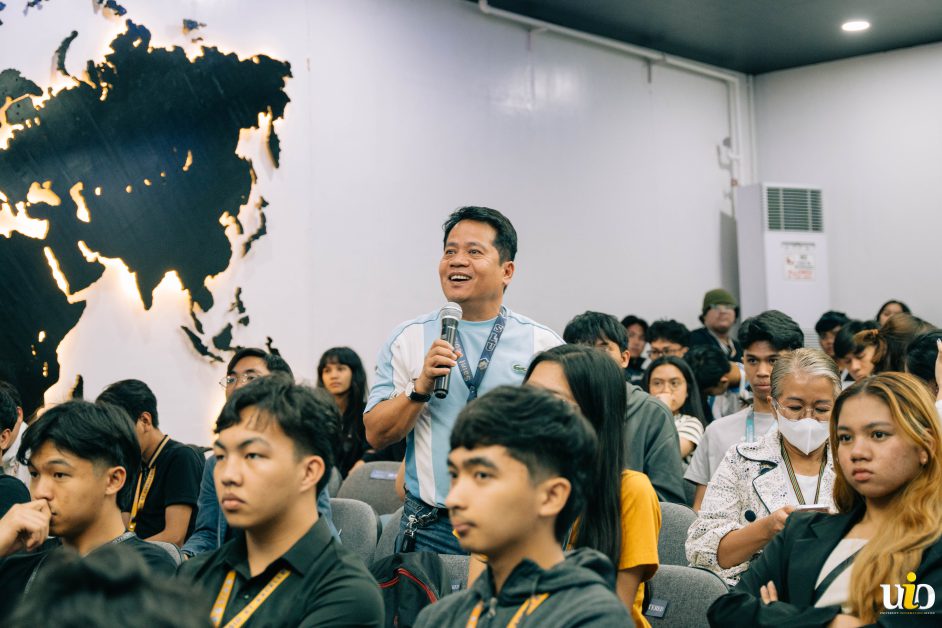
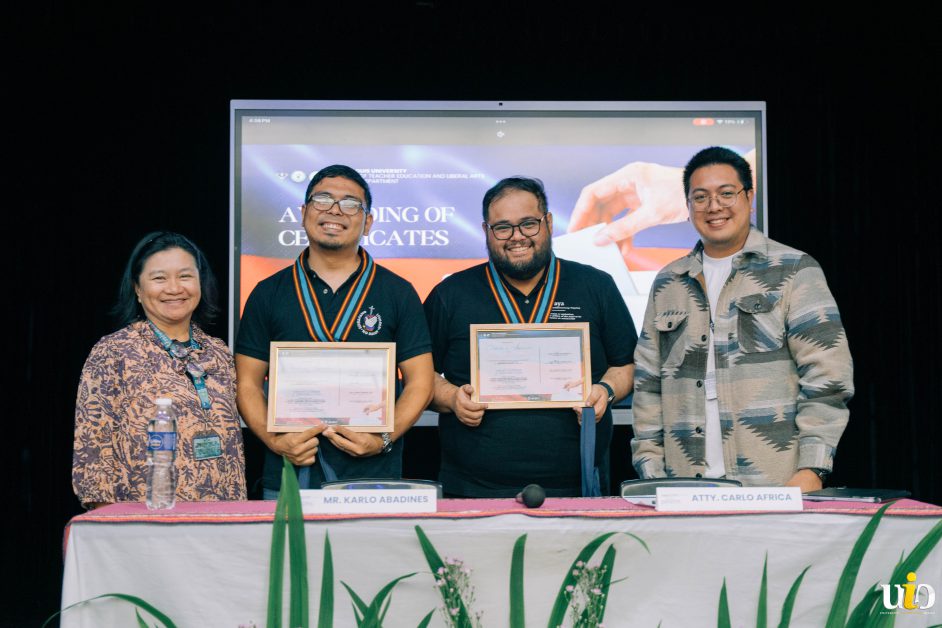
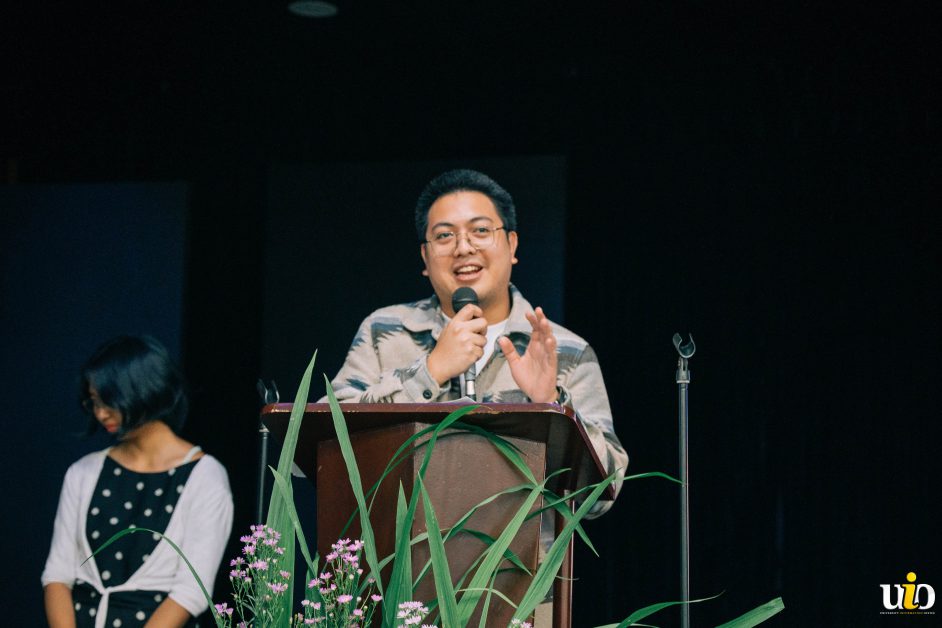
Institutions like Catholic schools, they noted, have the potential to create future leaders who challenge the cycle of dynastic politics and genuinely serve the marginalized. “When Jesus was going around, he didn’t see many middle class: he saw people begging in the streets, people don’t have enough food to eat, and they have been strictly following Jewish laws,” Mr. Abadines said.
The event closed with remarks from Mr. Gerard Louiez Mapalo I, the head organizer, who expressed gratitude to the speakers. “Your insights challenge us to be with conscience and courage,” he said. He reminded the audience that “in moments of uncertainty, God’s presence breaks through possibilities, just like the story of the Galilee.
The forum advocates for strengthening changes in public service, which aligns with United Nations Sustainable Development Goals 10 (Reduced Inequalities), 16 (Peace, Justice, and Strong Institutions), and 17 (Partnership for the Goals). (Article by Michael John Dadd, UIO Intern | Photos by Faithe Janerie Dugay, UIO Intern)
